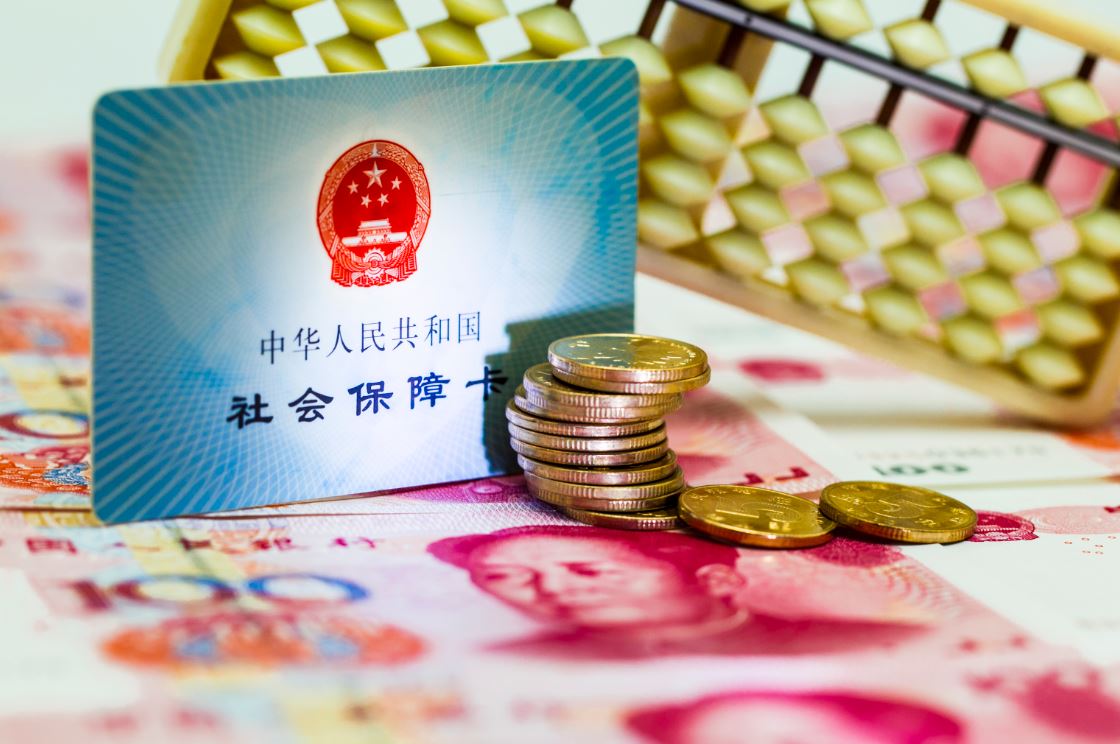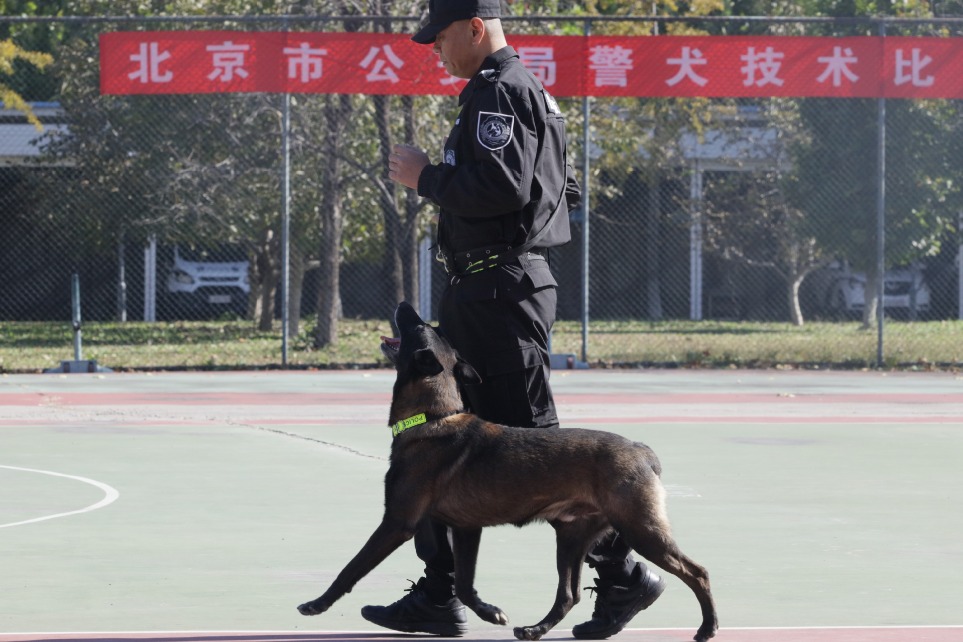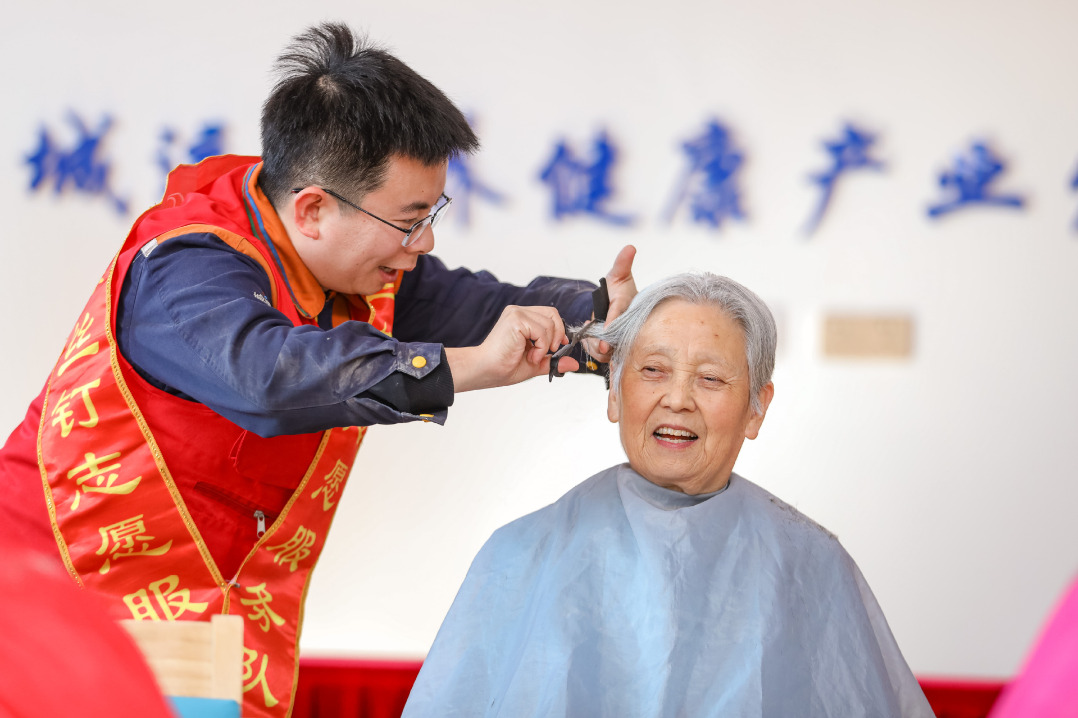Medical reform in China eases financial burdens for patients


BEIJING -- China's medical reform in the past ten years has significantly eased the financial burdens for patients, according to the National Health Commission.
At a Friday press conference, the commission said that as the country's medical and healthcare system reform proceeds, the percentage of personal expenditure in China's total medical and healthcare expenditure has dropped from 34.3 percent in 2012 to 27.7 percent today.
To increase people's access to quality and reasonably-priced medical services, the country has taken a number of measures. For instance, the country has carried out several centralized bulk-buying programs for drugs and high-value medical consumables.
The programs have successfully brought down medical costs for patients and have so far helped save about 300 billion yuan ($44.43 billion) in medical insurance costs and patients' expenditures.
- City showcases digital urban future
- China records 50.6 billion cross-regional passenger trips in the first three quarters
- 10.57 million new urban jobs created from Jan-Sept
- Chinese, Indian militaries conduct 'positive, in-depth' talks over border management
- New Taiwan affairs spokesperson makes debut
- Oath-taking ceremony held by 14th NPC Standing Committee in Beijing





































